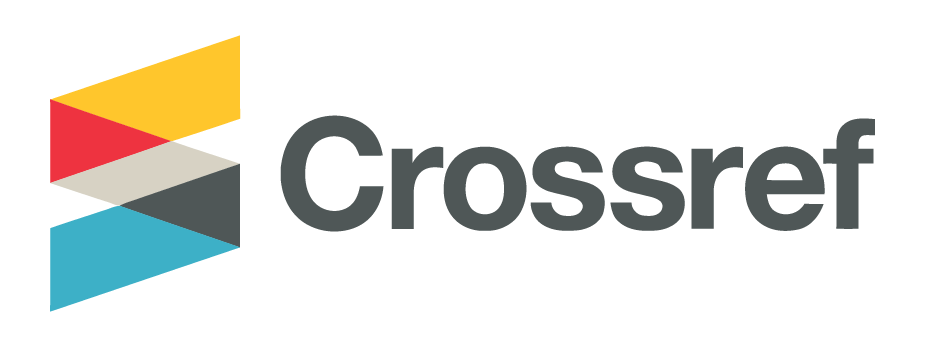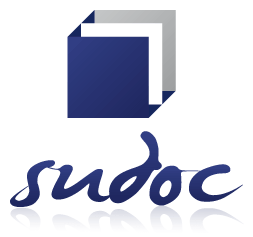Critical discourse analysis: A review of the views of Ernesto Laclau, Chantal Mouffe and Norman Fairclough
DOI:
https://doi.org/10.63053/ijrel.16Keywords:
Discourse, Critical Discourse Analysis, Hegemony, Identity.Abstract
This article examines critical discourse analysis (CDA) focusing on the opinions of three prominent theorists in this field, Ernesto Laclau, Chantal Mouffe and Norman Fairclough. As a research method in social sciences, CDA analyzes how power and ideology are formed in texts and discourses. By introducing the theory of hegemonic discourse, Laclau and Mouffe emphasize the role of social conflicts and identity politics, while Fairclough, focusing on linguistic and social structures, emphasizes the reproduction and resistance to power in texts and social interactions. By reviewing the existing literature and providing practical examples, this article explains the role of CDA in the analysis of social and political processes and shows how this approach can lead to a deeper understanding of power relations and ideology in contemporary societies. Referring to the published works of these thinkers, this article tries to describe the essence, application method and theoretical frameworks of critical discourse analysis.
References
Laclau, E., & Mouffe, C. (1985). Hegemony and Socialist Strategy: Towards a Radical Democratic Politics. Verso.
Fairclough, N. (1995). Critical Discourse Analysis: The Critical Study of Language. Longman.
Wodak, R., & Meyer, M. (2009). Methods of Critical Discourse Analysis. Sage
Downloads
Published
How to Cite
Issue
Section
License
Copyright (c) 2024 International Journal of Advanced Research in Humanities and Law

This work is licensed under a Creative Commons Attribution 4.0 International License.













